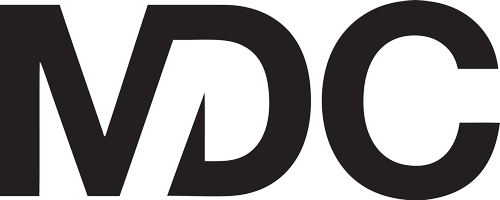A basic tenet of church life is trust – this is particularly true in smaller or rural settings. People “know” each other and often extend a level of trust that can result in unexpected difficulties. A recent article by Richard Hammar in Church Treasurer Alert! highlights a worst case scenario.
The case involves a Deacon who wrote checks with no documentation that the expenditures had been properly authorized according to the church’s Bylaws. In most cases, the Board of Deacons is the authorizing body. Expenditures can be authorized in one of two manners – (1) including the expenditure in a Budget that is approved by the Board in advance and (2) a specific authorization by action of the Board as recorded in the minutes of a Board meeting.
In this case, the Deacon wrote the checks out to himself for what he alleges were expenses he had paid from his own funds for repair work on the church property. The checks totaled $1,600.00. The lack of adequate documentation and proper authorization resulted in the Deacon being convicted of embezzlement and was sentenced to ten years in prison and ordered to pay restitution of $ 2,255.00. [His conviction was reversed on appeal due to a legal technicality, which did not indicate that he had not committed a crime.]
Things to note from this:
- Proper documentation of expenditures not only protects the church from improper use of its funds, but it protects those who are handling those expenditures.
- Proper authorization is absolutely essential to fulfill the fiduciary responsibility that all Deacons / Treasurers have in the area of finances.
- Internal controls should be established that insure proper use of church funds and protection for those who work in areas of financial responsibility. These controls could include:
- Having different people writing checks than are authorized to sign checks;
- Requiring two signatures on all checks written over a certain amount;
- Not allowing a person to sign a check that is written out to them or one of their family members;
- Have someone who has no responsibility for handling cash or writing checks review the monthly bank statements and reconciliations; and
- Requiring at least two people to count all offerings / money received by the church and sign a count sheet that becomes part of the church’s accounting records.
- No leader of the church is an authority unto themselves, but must have an attitude of cooperation and accountability in all they do. This applies to Pastors and Deacons alike.
Integrity is one of the few things that no one can take from us, but we are wise to safeguard it through policies of financial accountability.





